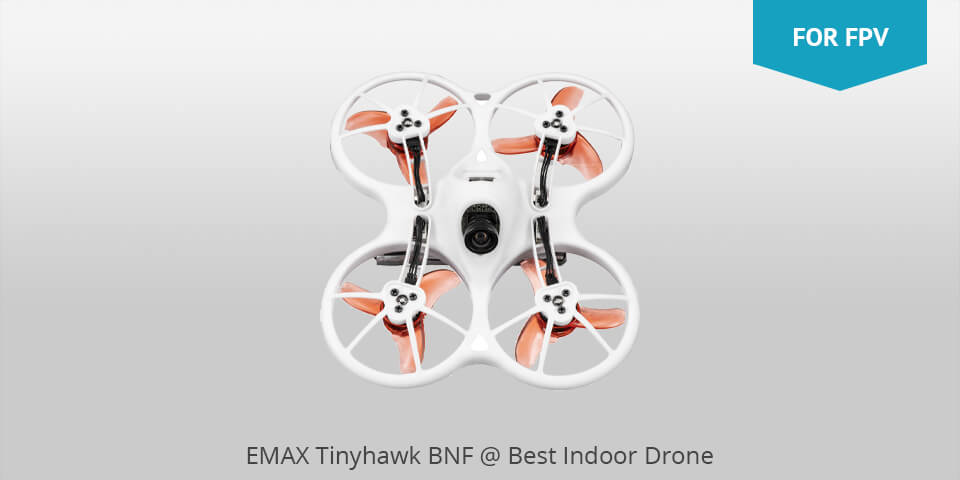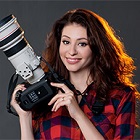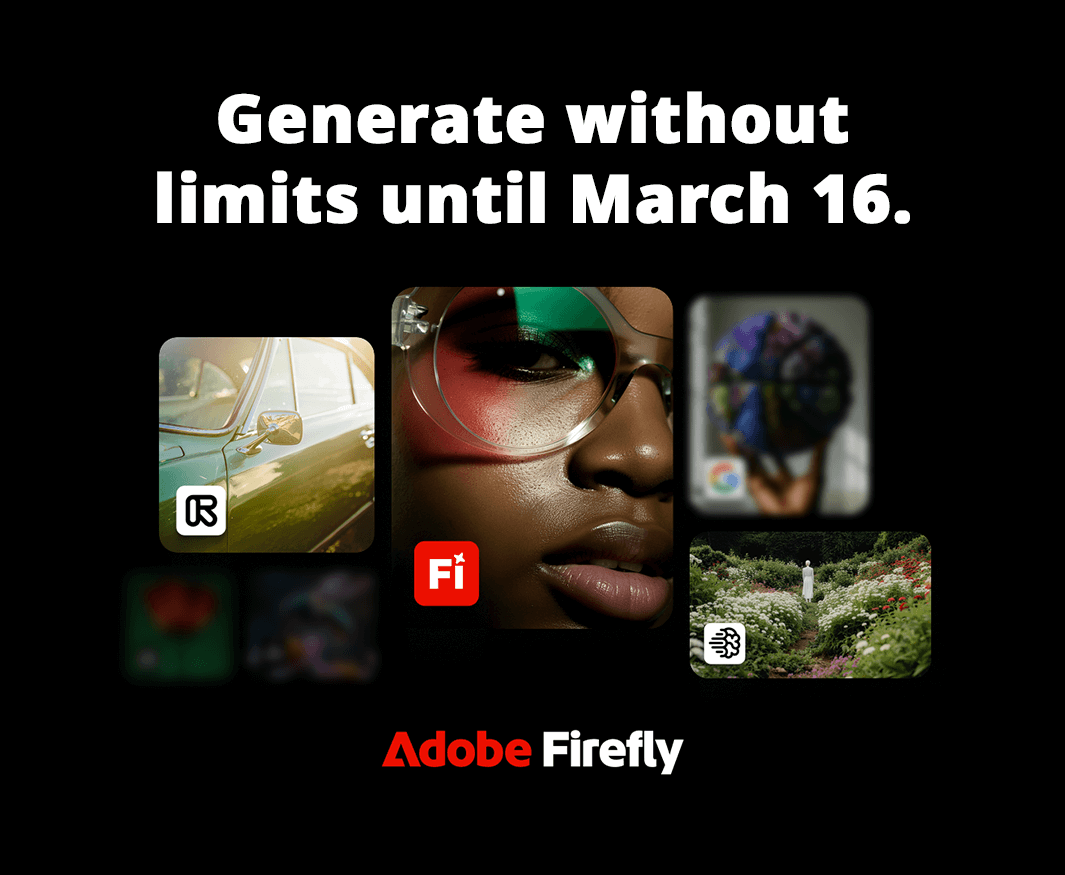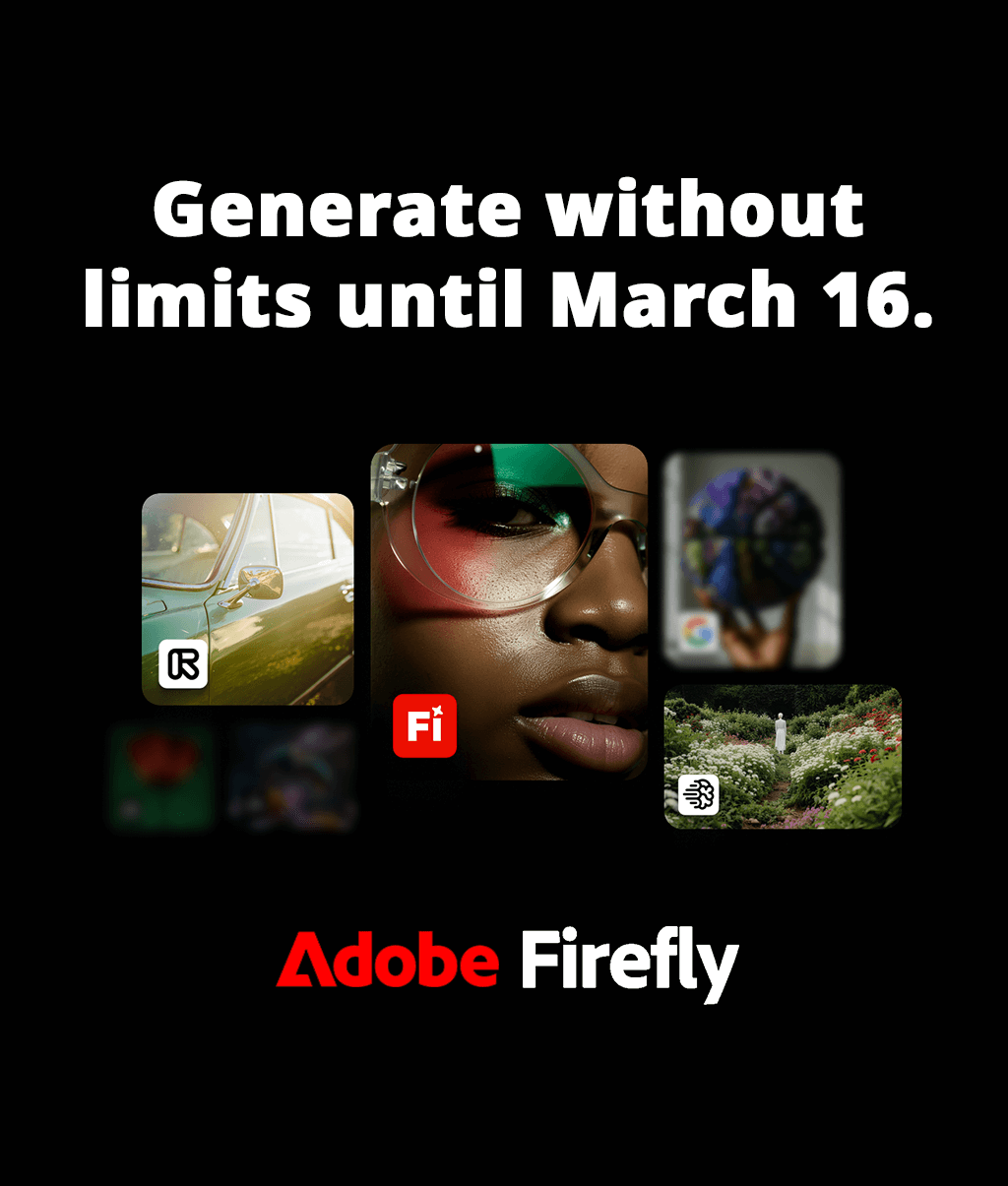Best FPV Drone

Would you like to record videos, taking bird’s-eye view photos or just flying high and see everything with your personal view or using VR glasses? Then you definitely need a FPV drone (First Person View). Let’s review top 7 popular FPV drones in 2026 and I’ll help you select the models for any task and any budget.
What Is the Best FPV Drone?
FPV (First-Person View) technology combined several features of drones with camera: aerial photography, racing, freestyle, research. Modern FPV glasses are an alternative to virtual glasses, the main difference is that the environment is real.

Professionals prefer to spend money on DJI Mavic Pro RTF Starter Bundle, choosing the advantages of a high-quality camera and flight characteristics with the ease of gesture control. Regarding FPV drones for beginners, it is recommended to purchase a ready-made available kit, such as Holy Stone HS 230 RTF, with everything you need to start. A Parrot Bebop 2 FPV kit is appropriate for everyone because of the modular design that lets you change the camera or game accessories depending on your preferences.
Best FPV Drones in 2026
My top FPV drones list is made taking into account prices, the level of equipment, camera quality, flight characteristics and additional functions. I tested all these FPV drones in various conditions and load modes before the battery is discharged.
1. Parrot Bebop 2 FPV

Parrot Bebop 2 has a solid and shock-resistant design, it is easy to repair. This FPV goggles drone is operated from a phone or tablet but the Sky Controller 2 with glasses reveals the benefits of a 14MP stabilized HD camera. 1080p video and clear photos in RAW, JPEG and DNG are available. New visual tracking modes use GPS and object recognition with the help of AI. In the Operator mode, the camera focuses on a moving object and automatically holds it in the center of the frame. GPS positioning is used to record videos with programmed movements of the camera – "Tornado", "Orbit", "Boomerang" and "Parabola".
The model comes with a 25-minute flight battery with a top speed of 65km/h. It has a 55-minute battery recharge time and the flight range of 300m. This is truly the best FPV drone for the money that is characterized by an incredible price/quality ratio and is a good starting choice of FPV quadcopter with goggles. The device is a decent training drone at the primary level, and it is suitable for dynamic shooting.
2. DJI Mavic Pro RTF Starter Bundle

This high-quality kit includes a DJI Mavic Pro – a small but powerful and functional DJI drone. The drone is compact, portable, and very fast, but it’s not positioned for racing by the manufacturer. It produces excellent 4K video streaming and aerial photos for professional shooters and videographers. Its 12MP gimbal-stabilized camera records full-length dynamic scenes thanks to precise guidance control. The model is compatible with mobile devices connected to a transmitter and VR glasses.
Gesture control is a small part of the overall appeal of DJI drones. The Follow Me mode is ideal for active people who shoot on the go or while travelling. There is a technology for detecting and avoiding obstacles to reduce the risk of unforeseen situations. This is the best professional drone with long 27-minute flight time and a range of 4.3 miles, which is ideal for professional tasks. Its several autonomous flight modes will simplify the operating process.
- Read more about drones with camera.
3. Holy Stone HS 230 RTF

Holy Stone HS230 (Mercury) is a racing drone for novice pilots. A wide-angle 120° HD camera lets the user transmit and record real-time smooth video in 720p resolution. A modular design makes it easy to replace the batteries and camera. This drone for beginners has several controller options for easy control and operation, such as headless mode, auto hovering and altitude hold.
Three-speed mode makes flying easy for users of different levels of preparation. It comes with 2 original batteries. This inexpensive and popular device is the best FPV drone for beginners. It isn’t the fastest drone, therefore it is an ideal model for pilots to master the basics and enjoy easily performed 360° tricks.
- View more best drones for beginners.
4. Force1 U 49W Blue Heron RTF

The best thing about this lightweight and durable drone is that it is easy to operate. You need to use a compatible iPhone or Android smartphone to enjoy FPV with Blue Heron. Its Wi-Fi HD camera will show 720p live video in real-time mode on your devices with the help of a free app. This budget drone boasts a number of beginner-friendly features, such as one-button take-off/landing, headless mode and altitude hold, warning signals, for instance, when the battery is low.
The model offers decent flight stabilization technology for a drone in its class. There are also three different speed modes that let pilots relax at their own pace. Besides, this the only FPV drone under 100 for beginners and kids that features impressive flight time of 15 minutes along with bonus battery and motors.
- Check out these best FPV drones under 200.
5. ARRIS X-Speed 280 V2 RTF

ARRIS X-Speed 280 V2 comes fully assembled, tested by the manufacturer and ready for any competition. Its durable construction is made of 1.5mm carbon fiber. Brushless motors provide 10-minute flight speed and maneuverability. The 700TVL zero-delay camera is adjustable in the 0-20° range. Quads vibration damper perfectly copes with the filtration of shudders to stabilize the footage. The Radiolink AT9S flight controller makes it easy to set up and view channels in real-time mode on a 2.8-inch color screen. Users may switch between automatic and manual (Acro) modes.
ARRIS X-Speed 280 isn’t ideal for beginners. It is suitable for those who have flight experience or for a serious beginning enthusiast, as you will want to invest in a pair of drone racing goggles and a charger. This is an affordable, adaptable FPV racing drone, which works exactly as it should.
- View more best FPV drones under 100.
6. Force 1 XDR220

This FPV drone racing kit with XDR220 is a great option to get everything at once. Heavy-duty, low-profile carbon fiber frame provides small weight and precise control. Racing brushless motors develop high speeds. A sturdy case protects the equipment. An adjustable HD camera provides excellent color and lighting settings. The 9-channel controller with customizable switches is powerful and easy to use. Its operating range is 3,000 feet on the ground and 5,000 feet in the air. Goggles with a large clear screen smoothly transmit video in real-time. The charger balances the elements and increases battery power and life.
It can be called the best FPV drone for all levels of racing. The drone can be customized and changed over time when you improve your skills. You can purchase the kit separately and configure your own XDR220.
7. Emax HawkBNF5-inch

Emax Hawk 5 is one of the best FPV racing drones with Frsky XM+ radio. A neat aerospace carbon fiber body minimizes damages. Powerful universal brushless motors and 5-inch propellers boost speed. It has a high-quality Foxeer Arrow Micro 600VTL camera with a 150° lens. With Omnibus F4 flight controller, it's easy to control and monitor battery voltage, flight time, and signal strength on the on-screen menu.
The controller configures several modes: amateurs can use the “Angle” mode, and professionals would prefer the “Acro” mode. It has excellent battery compatibility. It is possible to mount the battery in any place and it accepts any battery. For example, you can use a high capacity battery to increase flight time. This racing drone kit is popular among the racing community due to the high-quality components of their own production and post-sales support. Thanks to its very small weight and durability, it is the most agile for freestyle and racing.
List of 7 Best FPV Drones
| Image | Name | Features | |
|---|---|---|---|
 |
Parrot Bebop 2 FPV
OUR CHOICE |
Check PRICE → | |
 |
DJI Mavic Pro RTF Starter Bundle
PROFESSIONAL |
Check PRICE → | |
 |
Holy Stone HS 230 RTF
FOR BEGINNERS |
Check PRICE → | |
 |
Force1 U 49W Blue Heron RTF
AFFORDABLE |
Check PRICE → | |
 |
ARRIS X-Speed 280 V2 RTF
FOR RACING |
Check PRICE → | |
 |
Force 1 XDR 220
|
Check PRICE → | |
 |
Emax Hawk BNF 5-inch
|
Check PRICE → |
How to Choose a FPV Drone?
The main components of the FPV system are a camera, a video transmitter, and a video receiver. To use FPV, you need a minimum kit of such FPV drone parts: a quadcopter with a camera connected to a video transmitter and a video receiver that holds the signal. The receiver can be located in FPV glasses, a headset or in the remote control. The transmitter sends a radio signal to the receiver. Then the signal is converted and transmitted as an image to a compatible monitor. Therefore, it is advisable to get these elements together with their components, taking into account the purpose of the FPV drone: aerial photography or entertainment (racing, freestyle).
Types of FPV Kits

For profitable deals, many drone brands sell ready-made kits with assembled top FPV drones:
Ready-to-fly (RTF) - they do not require assembly, soldering, and configuration. They have a receiver and a transmitter, and more often all the necessary elements. The fastest way to test FPV is to take off with a well-tuned drone, so this option is preferable.
Bind-N-Fly (BNF) comes with at least a pre-configured and installed receiver without a transmitter, as it assumes that you have the appropriate one. Soldering is not required. The receiver is connected to the transmitter, so you may need to set them up. The disadvantage of this FPV drone racing kit is that if you do not have the appropriate type of receiver, you have to buy it.
Plug-N-Play (PNP) comes without a receiver and transmitter. You install your own receiver in the best FPV drone. You can use a PNP drone with almost any transmitter, regardless of the standard. Soldering skills and settings may be needed.
Glasses & Image Quality

The key purpose of the best FPV drones is to provide a live, real-time image with minimal interference and distortion. The image quality depends on:
Camera. A special FPV camera doesn’t take pictures and is preferable for aerobatic or racing drones as it responds quickly to changes in brightness. Choose a wide-view FPV camera with a suspension and angle adjustment, HD-quality with a higher TVL resolution for a better image. The camera has a CCD image sensor for shorter race delays or a CMOS sensor for better image clarity.
An integrated or removable action camera has good shooting capabilities during the flight. Suspension and stabilizer regulate and capture the image without shaking. An HD-camera with a wide viewing angle and higher resolution will provide the best shooting quality.
Mobile device screen: smartphone, tablet or LCD controller. A qualitative large screen with higher resolution will display the image better.
Large monitor or FPV screen: laptop or monitor screen, where the quality depends on the type of screen matrix, diagonal, and resolution, recommendations of the previous paragraph are valid.
VR-headsets, drone glasses and FPV glasses provide maximum visual experience.
FPV Accessories

It is easier to fly drones through FPV glasses because of the direct visibility. When choosing them, consider these points:
- Separate screen lenses for eyes are preferable to one screen models
- Interpupillary distance (IPD): it is better to have an adjustable level to correctly center the lenses according to the location of your pupils
- Screen resolution: the higher resolution is better
- Field of View (FOV): the wider the field of view is, the greater view you have
- Head tracking: you can control a camera and its tilting with head movements
The remote control (transmitter)and flight controller play a key role for maximum performance. A wide range of memory selection, on-screen menu (OSD) with telemetry and software updates will affect the choice. The transmitter and receiver must match in frequency and be compatible. Usability, comfort, adaptability, distance, and communication with the FPV headset are the points that must be taken into account when choosing a flight controller for your FPV goggles drone.
Flight Performance

Flight time is important for all types of FPV drones. But for racing drones, it is critical because a drone can stop the race due to low charge. 5-6 minutes for the circle will be sufficient. Choose the best FPV drones with long flight time and high-quality original batteries with low recharge time.
Speed and power are the prerogatives of the best FPV racing drones but for dynamic shooting, they will not be superfluous. Choose brushless motors with high rotational frequency.
The transmission distance depends on the power of the transmitter/receiver and the characteristics of the remote control. Bigger number means better control at a distance.
Maneuverability/lightness/durability depend on the quality of the body and the weight or quantity of other FPV drone parts: the best drones are usually made of carbon fiber or composite with enhanced protection for the camera, a removable battery, and neatly hidden electronic stuffing.



